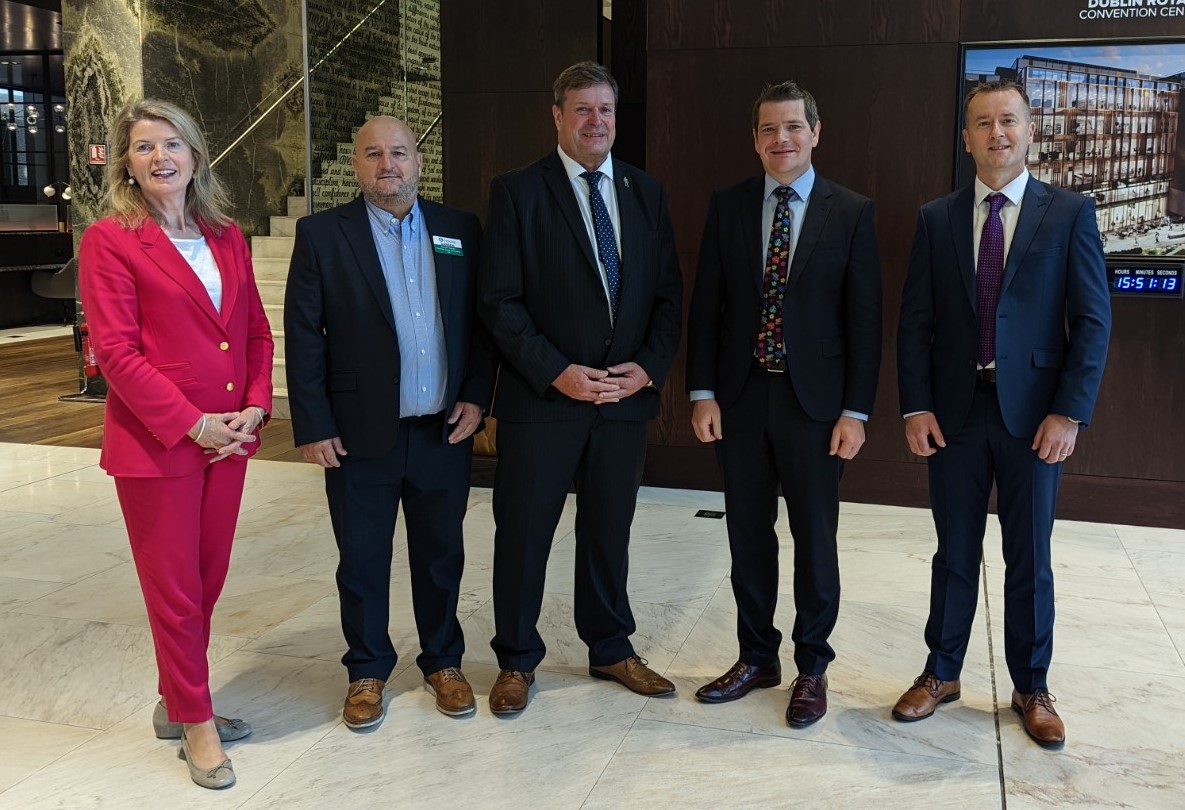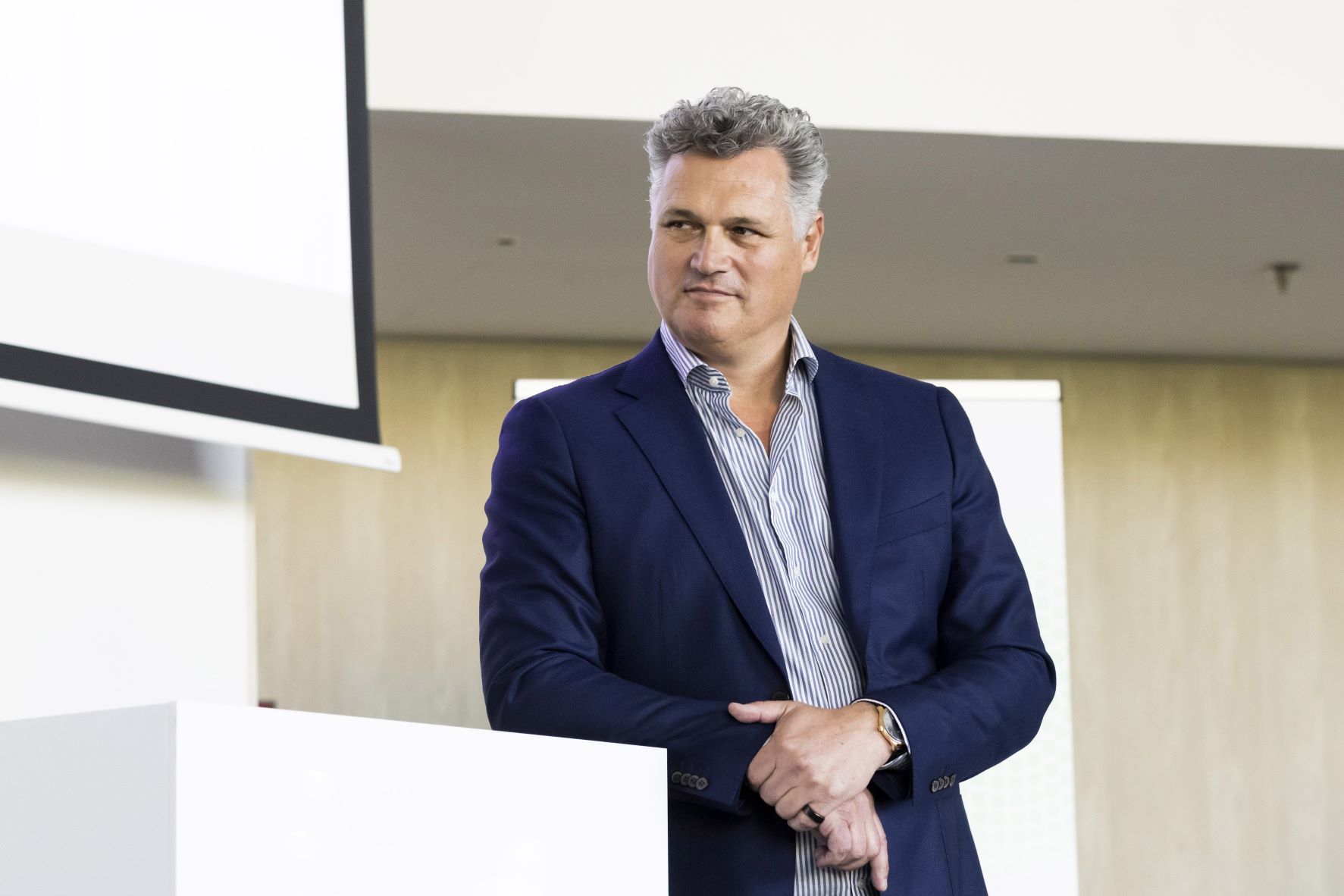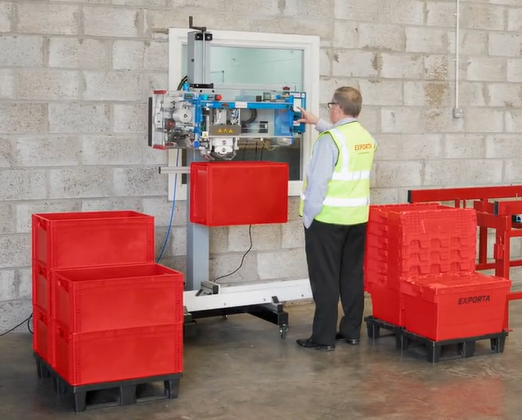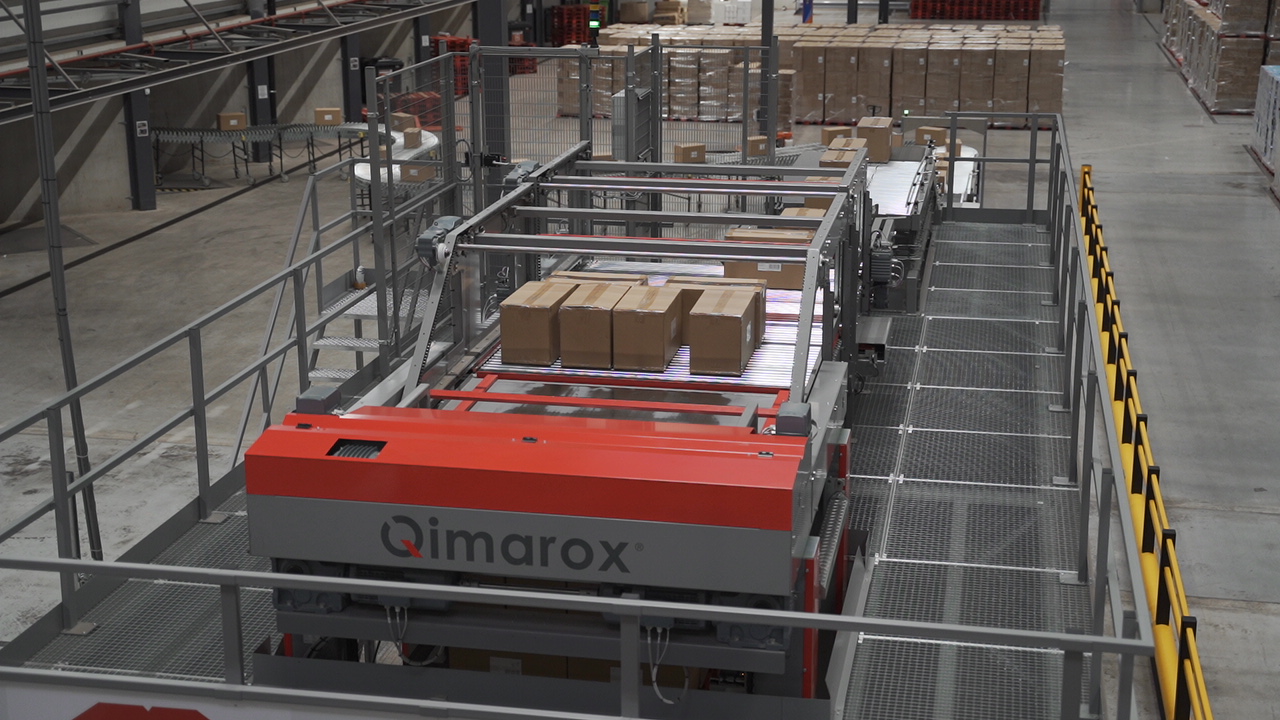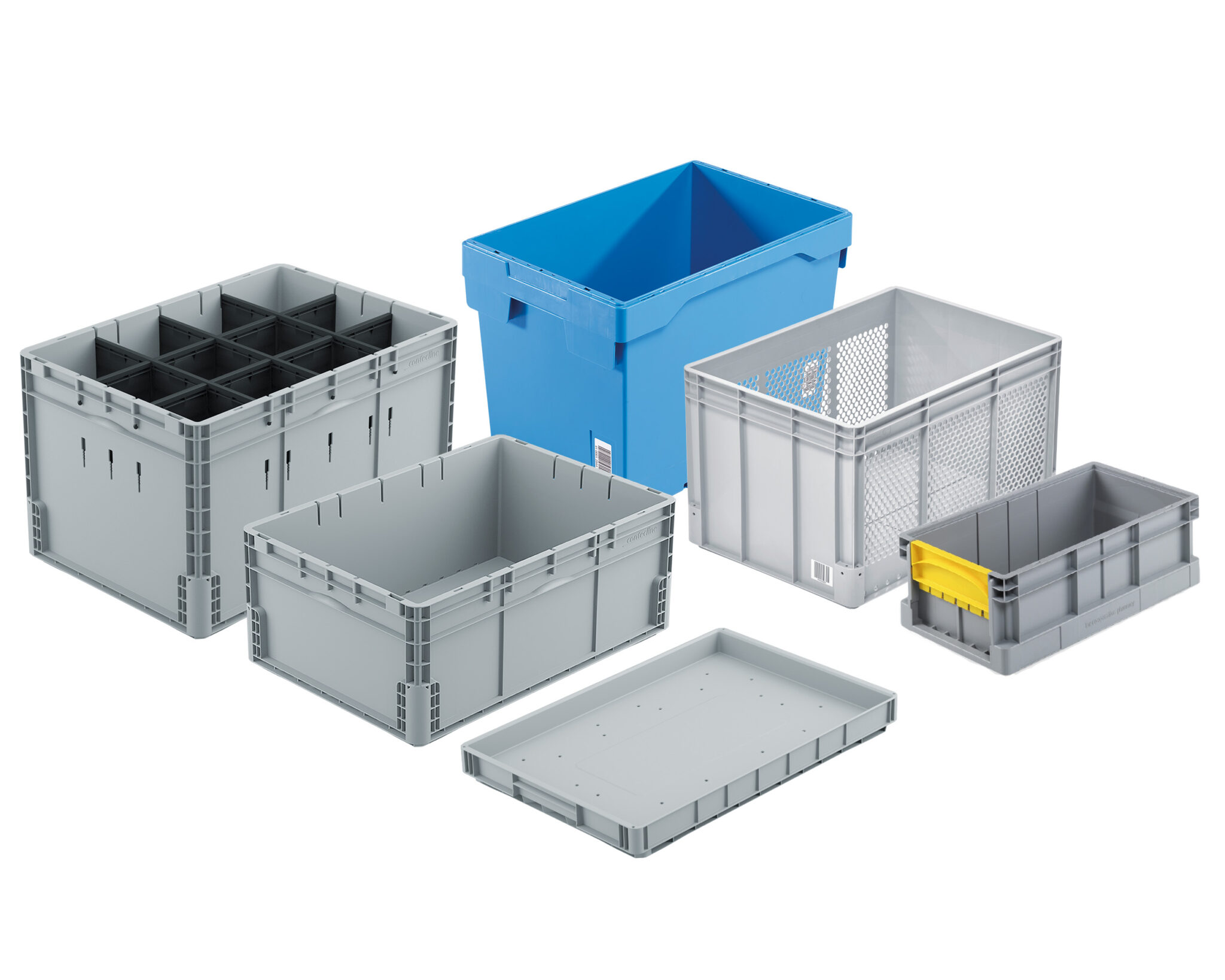Clear communications will be essential for supply chain firms to tackle future challenges in recruiting and retaining good staff, according to speakers at a recent packaging business conference. The AGM of the Timber Packaging & Pallet Confederation (TIMCON), held in Dublin, heard a diverse panel of speakers address members on the difficulties – and opportunities – ahead of supply chain businesses in the wake of Covid-19 and current procurement issues.
Imelda Hurley, CEO of Irish state forestry business Coillte, said forest-based business has very strong sustainability credentials but that these were not well understood by those outside the sector. It is therefore vital, she said, “to communicate more in terms of everything our sector delivers”. In his presentation, Mike Glennon, joint managing director of Ireland and UK timber processing firm Glennon Brothers, said the country needed to ensure that afforestation was made “easy, understandable and administratively manageable” to enable it to meet its EU carbon reduction targets.
Caroline Reidy of human resources consultant HR Suite also highlighted the importance of communication in her keynote speech on the positive actions pallet and packaging businesses can do to tackle current employment issues. Focusing on recruitment and retention, she said companies who communicate strong core values internally and externally and introduce more flexible ways of working stand a better chance of finding and retaining good staff.
The meeting included presentations by two government ministers. Peter Burke, Irish Minister of State for Housing and Local Planning opened the meeting, saying that the Irish government would “position our forests and wood products at the centre of a growing bioeconomy,” and that this would provide benefits not just to forest owners “but also to wider society.”
Matt Carthy, Sinn Fein spokesperson on Agriculture, Food and the Marine, who spoke on current and future policy challenges for the timber sector and said the forestry industry would be essential to meeting future environmental targets. “If we don’t deliver on forestry, we won’t deliver on climate,” he said.
TIMCON President John Dye said forest-based businesses of all kinds should work together to promote both the industry’s environmental credentials and attractiveness as a place to work.
“People in the street still don’t understand how important a pallet is that every part of our trees is used, and reused many times before then being recycled,” he said, “Our whole industry should be pooling its resources and working together to promote this message.
“Wooden pallets and packaging is one of the most sustainable industries, dealing with products that are essential to keeping supply chains moving smoothly. It’s a business of great people, too, with opportunities to travel and work with colleagues from around the world.”
Dye announced that TIMCON would be launching an initiative to communicate the sector’s environmental credentials to the supply chain and wider public, in particular highlighting its role in encouraging the reuse of wooden products.
The meeting also heard updates from Angus Macpherson, managing director of The Environment Exchange; and Tom Gaynor, operations manager for recovery and recycling at REPAK.
Image caption: TIMCON board members with Minister Peter Burke. Left to right: Mary Walsh; Darren Turner; TIMCON President John Dye; Peter Burke; and Fergal Moran.


